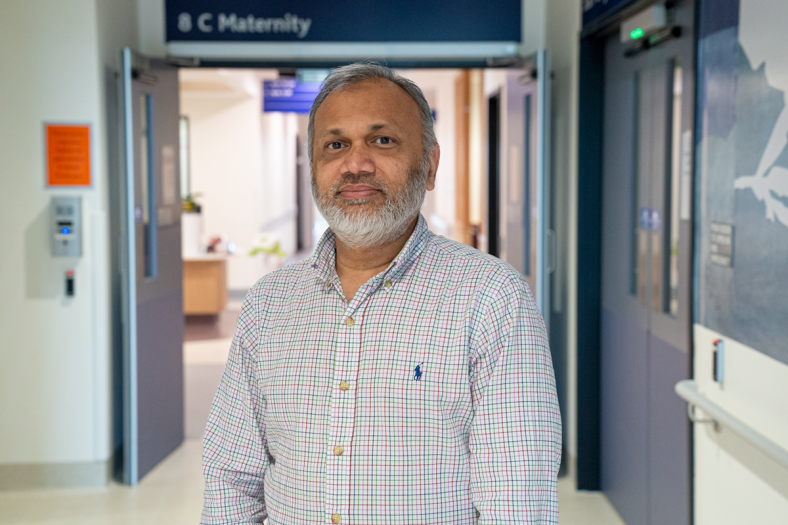Some South Australian primary school students will get more chances to undertake physical education classes at school from next year, with the State Government piloting a new Physical Education/Physical Literacy (PEPL) program.
A $700,000 Sport Australia grant will see the Education Department partner with Hockey Australia, the Australian Council for Health, Physical Education and Recreation (ACHPER) SA branch, the University of Canberra and Flinders University to trial the PEPL program in a number of South Australian primary schools.
The PEPL approach also encourages students to have physical activity ‘snacks’ during the school day, such as a few minutes of exercise between classes, to promote better health and to improve students’ concentration on learning.
The trial will involve students from a number of primary schools that will be selected later this year.
Throughout the trial, specialist educators will work closely with the schools to provide in-class professional development and to enhance teachers’ confidence and competence in teaching physical education.
Schools will also build connections with community organisations and sporting clubs to provide students with a range of extra-curricular opportunities and learning experiences.
Education Minister John Gardner said the pilot aims to give students the confidence and knowledge to maintain physical activity throughout their life.
“Leading a physically active life contributes to better physical and mental health, increased motivation and confidence, and provides more opportunities to network and make friends,” said Minister Gardner.
“We are excited to be working with a number of experienced sporting bodies and experts who’ll provide participating schools with essential tools to lead a physical education program that is inclusive and supportive of all students.
“Developing physical literacy at an early age arms children and young people with the confidence and capability to be active and stay active so they can lead a more productive lifestyle for years to come.”
Executive Director of ACHPER SA Matt Schmidt said he was excited to be partnering on such an important project.
“We are delighted to be a collaborative project partner with this initiative, which we know will support the quality of health and physical education and movement within a number of schools and their local communities,” said Mr Schmidt.
“ACHPER will utilise expertise gained from other projects to ensure successful rollout of the program with deliverable outcomes and effective communication with schools and coaches, as well as contribute to the development and provision of resources to enhance delivery and sustainability of the project.”
Professor Dick Telford from the University of Canberra, who developed the model with colleagues at Deakin University and the University of Canberra, said physical education was a vital contributor to best practice primary school education.
“In first focusing on the young developing minds and bodies of primary school children, we have the opportunity to set up healthy habits of physical activity and nutrition that are likely to last a lifetime,” said Prof Telford.
“The PEPL approach was developed at the University of Canberra, and working closely with ACHPER SA and Flinders University, involves a PEPL educator whose role is to provide easy access in-school professional development for primary school classroom teachers to conduct quality physical education.
“It is great that we have a win-win situation all round for South Australian teachers and their students, because not only has this approach been shown to improve physical literacy and health prospects, academic performance has been shown to improve as well.”







